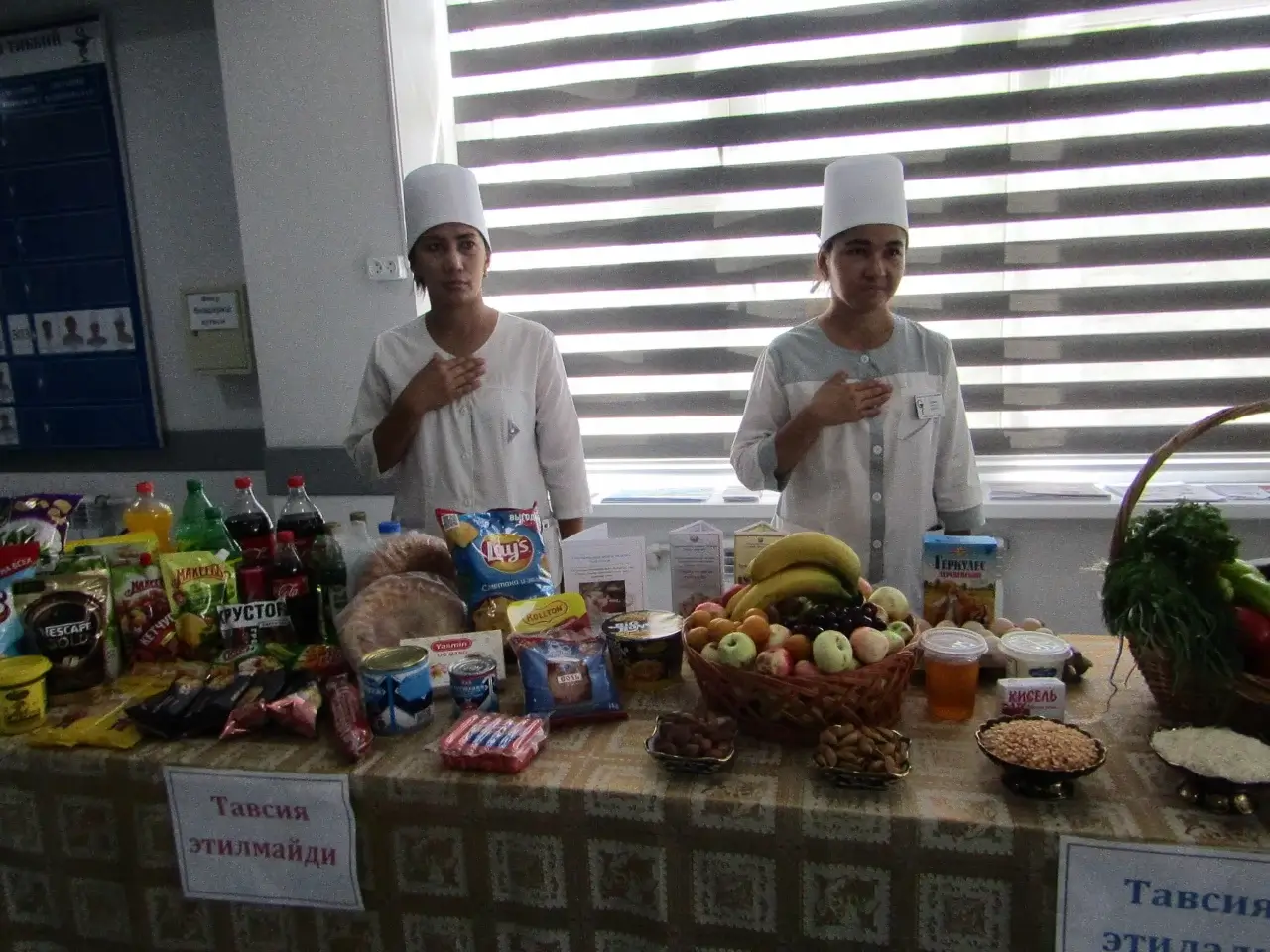A large-scale study on the population’s eating culture has started in Uzbekistan

In Uzbekistan, a new large-scale study has been launched with the aim of shaping a healthy lifestyle and proper nutrition culture, reports asr.gov.uz. The International Strategic Center for Agri-Food Development (ISCAD) has started a project together with the Delivery Unit office under the Strategic Reforms Agency to comprehensively study the eating habits of the population throughout the country.
- ISCAD is a strategic thinking center for the agri-food sector and a structure ensuring the representation of reforms;
- Delivery Unit is a real infrastructure and analytical body for the effective implementation of state policies, a result-oriented synergy center.
Through these organizations, improvement and sustainability are ensured in the agri-food and public health sector in Uzbekistan.
The main purpose of the project is to comprehensively analyze the daily nutritional composition, dietary habits and lifestyle-related health risks and opportunities of the population, thereby developing scientifically based solutions in the field of public health. For this purpose, the respondents’ medical indicators, individual and family medical history, behavioral and knowledge level, socio-economic conditions, and factors affecting healthy nutrition are being studied.
The study is organized based on the international KAP Survey (Knowledge, Attitude, Practice) methodology. During the process, participants’ anthropometric data such as height, weight, body mass index, blood sugar and cholesterol levels, micronutrient levels, and clinical health status are being collected. More than 13,000 households across the country have been involved in this research.
Modern medicine and global healthcare systems emphasize that nutrition culture and lifestyle are among the key factors for human health. According to the data, a significant part of diseases and health problems is directly related to an unbalanced diet, overeating or insufficient nutrition, as well as low physical activity. For example, recent analyses of the World Health Organization show that salt consumption in Uzbekistan is sharply increasing, and the share of people who do not consume the recommended amount of vegetables and fruits is high. At the same time, overweight, rising blood pressure, diabetes and other chronic diseases are also increasing. These trends clearly show how necessary the transition to healthy nutrition standards is in the country.
The ISCAD center and partner organizations are conducting the study in five main directions: nutrition culture and knowledge level, anthropometric indicators, biochemical parameters, clinical health status, and socio-economic conditions. Based on this information, cases of improper nutrition, overweight, undernutrition, as well as behavioral and social factors in different regions will be analyzed.
The collected data will serve to develop national healthy eating programs, prepare preventive measures and targeted awareness campaigns for the population, as well as improve legislation in the field. In international practice, such large-scale studies are of great importance in public health policy — they allow to reassess old approaches, develop new standards and take the right steps towards sustainable development.
At present, this project in Uzbekistan is expected to become an important step in the history of healthy nutrition culture, prevention of chronic diseases, and improvement of public health. In the future, based on the results of this research, a number of advanced initiatives and platforms for national and international cooperation will develop.
The public is looking forward to seeing practical results in our country on healthy lifestyles, proper nutrition and disease prevention in the near future.
Read “Zamin” on Telegram!














